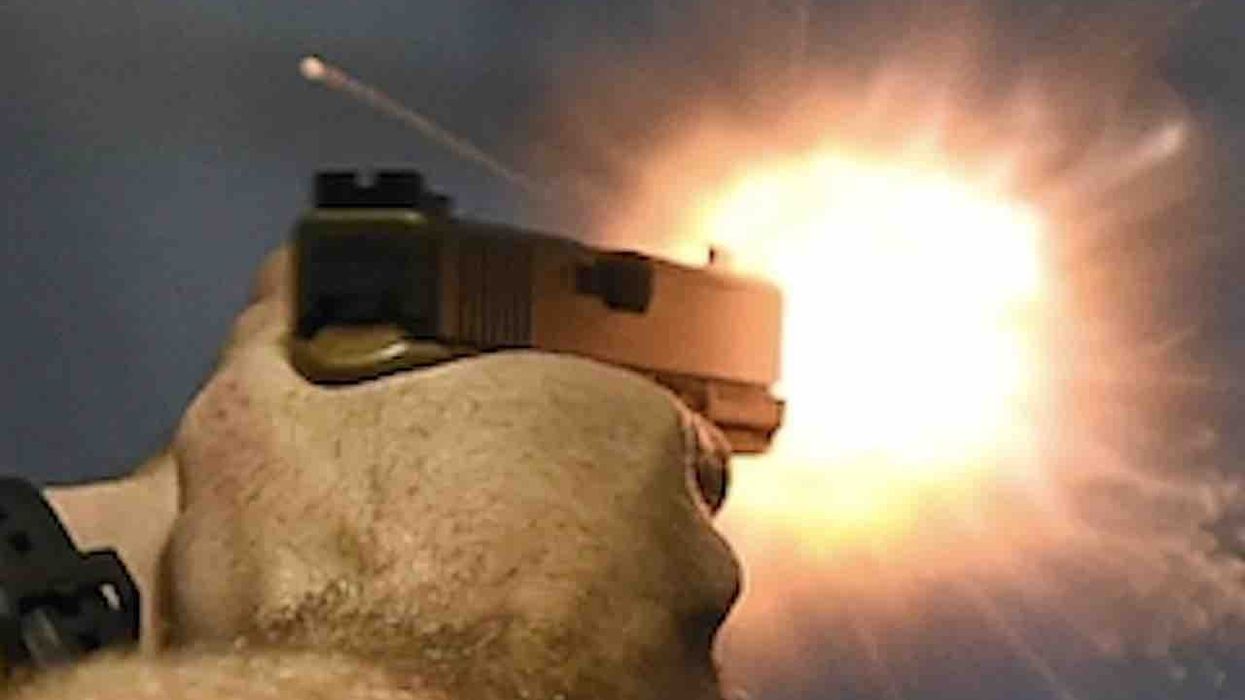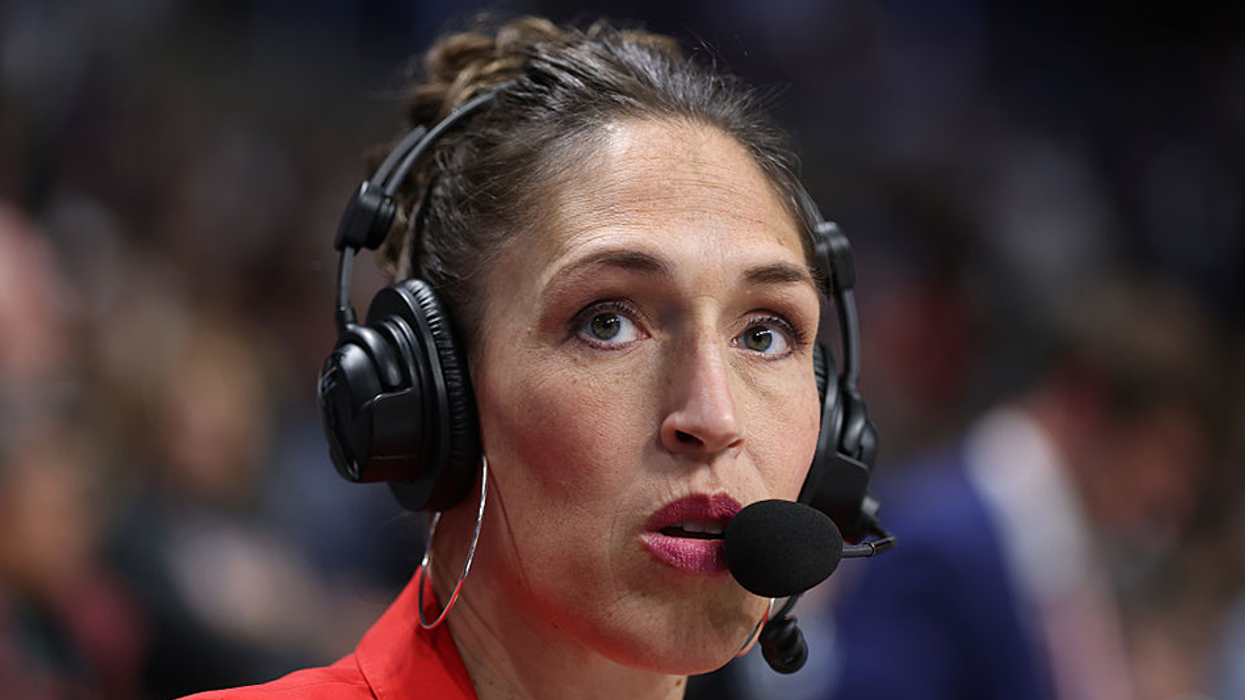
Beds for patients are seen inside a tent at the recently opened but unstaffed Ebola treatment center in the village of Lakka on the outskirts of Freetown, Sierra Leone, Thursday, Aug. 7, 2014. While the Ebola virus outbreak has now reached four countries, Liberia and Sierra Leone account for more than 60 percent of the deaths, according to the World Health Organization. The outbreak that emerged in March has claimed at least 932 lives. (AP/Michael Duff)
 The Ebola virus viewed through an electron microscope. The World Health Organization on Friday, Aug. 8, 2014 declared the Ebola outbreak in West Africa to be an international public health emergency that requires an extraordinary response to stop its spread. (AP/Antwerp Institute of Tropical Medicine)
The Ebola virus viewed through an electron microscope. The World Health Organization on Friday, Aug. 8, 2014 declared the Ebola outbreak in West Africa to be an international public health emergency that requires an extraordinary response to stop its spread. (AP/Antwerp Institute of Tropical Medicine)





